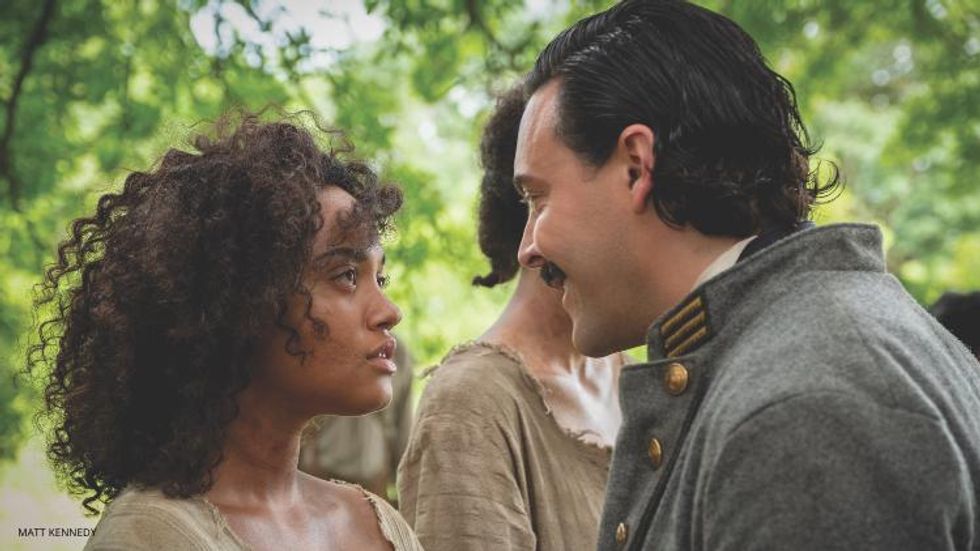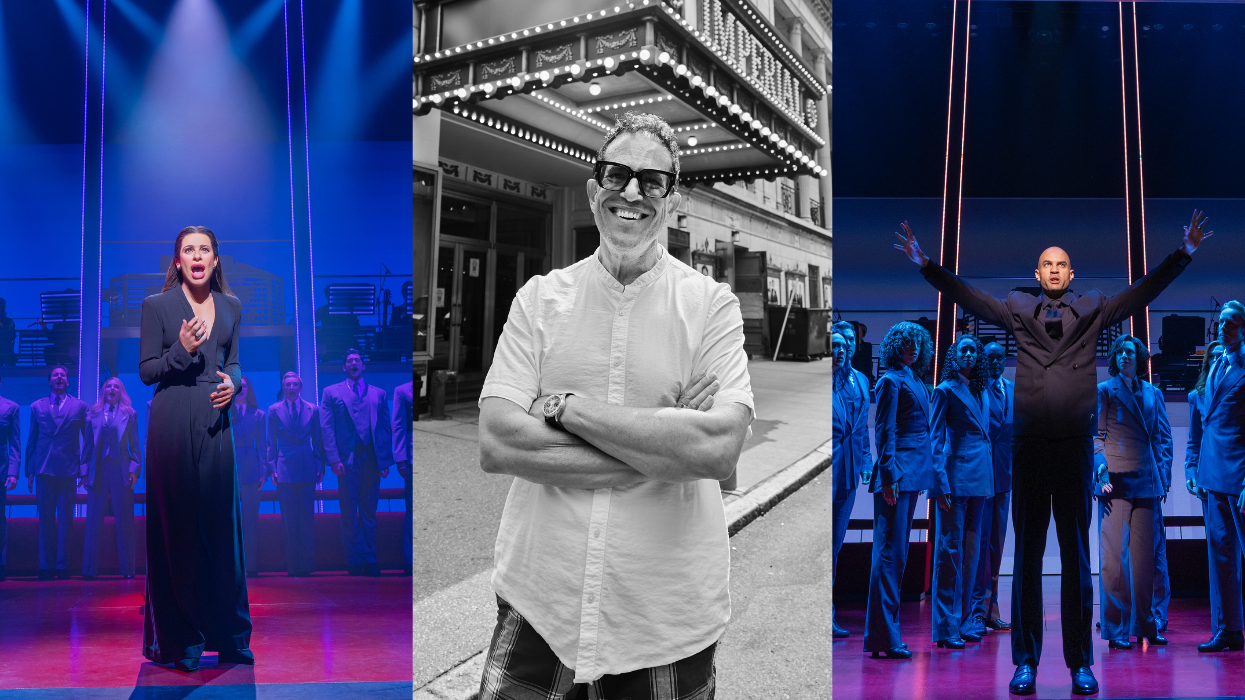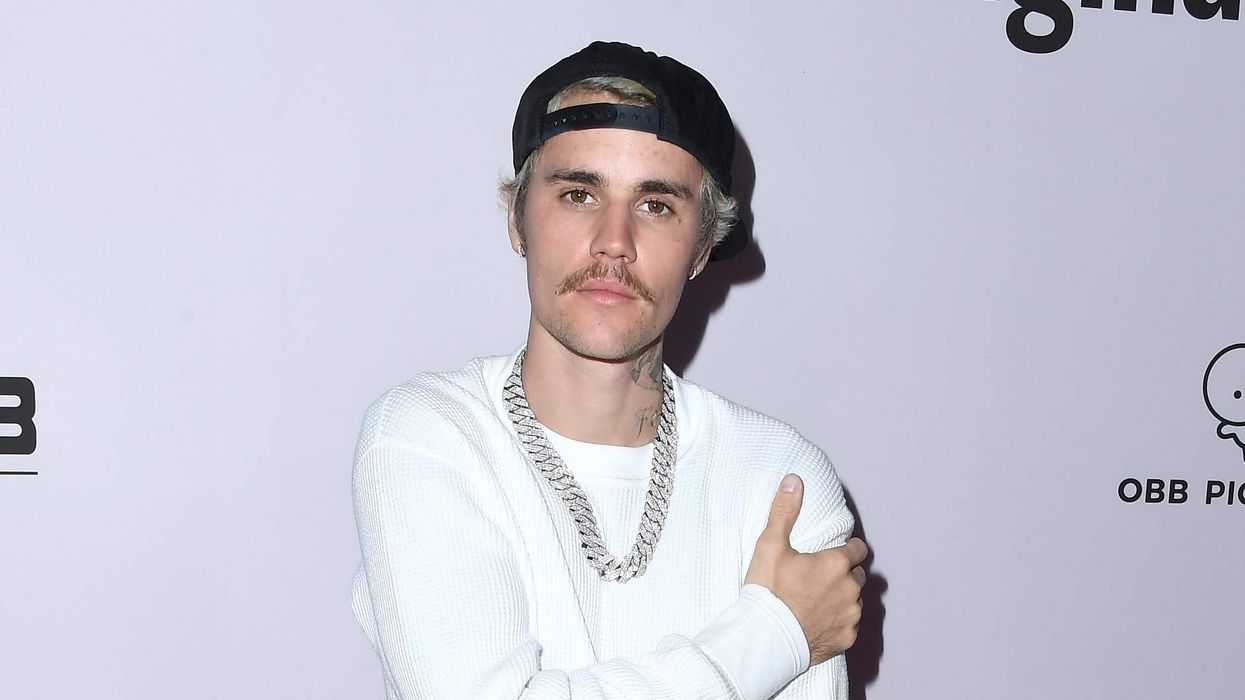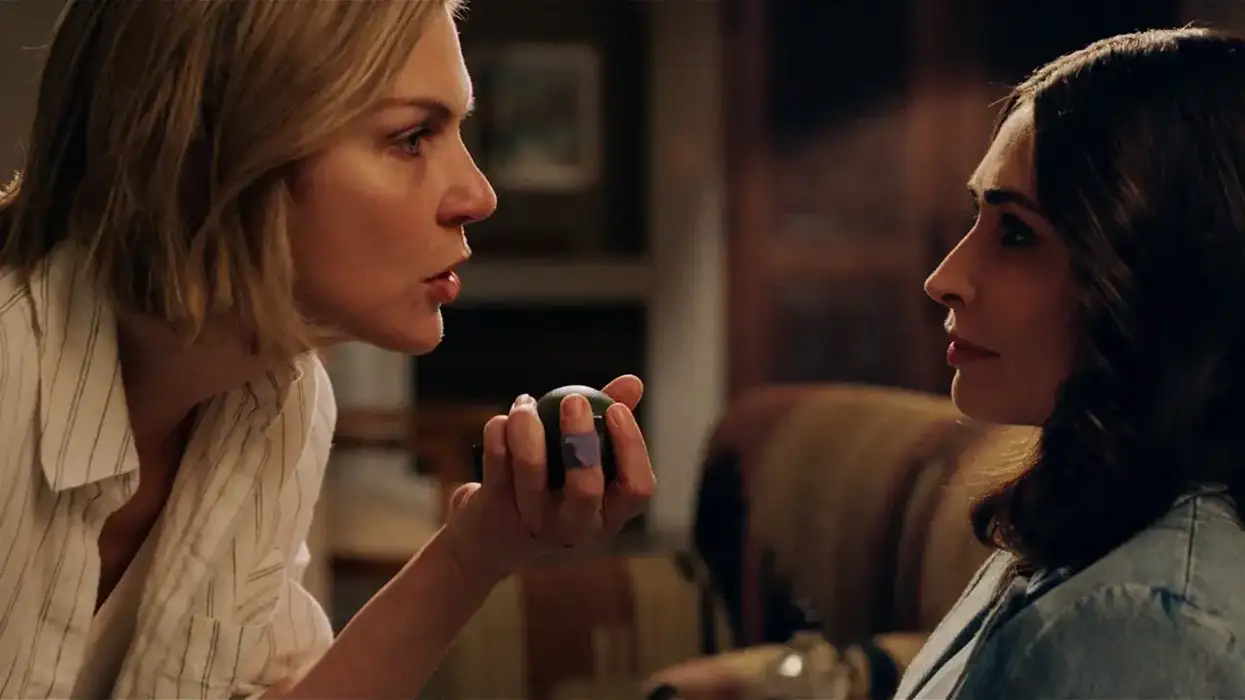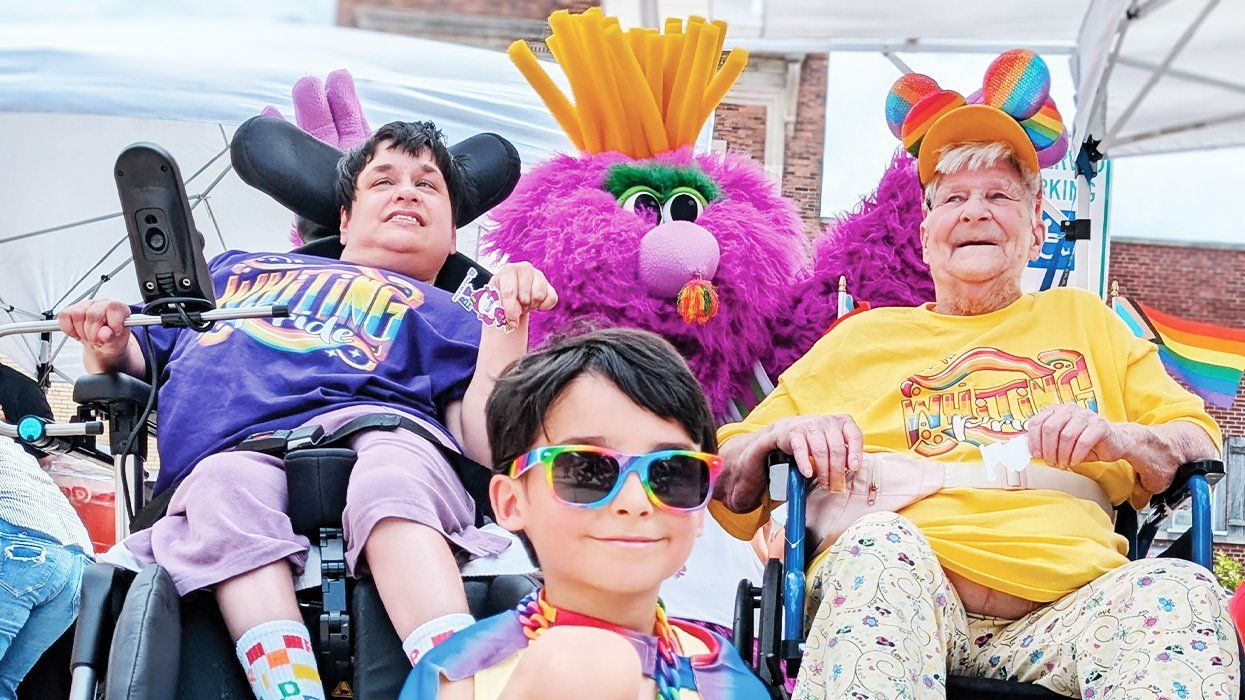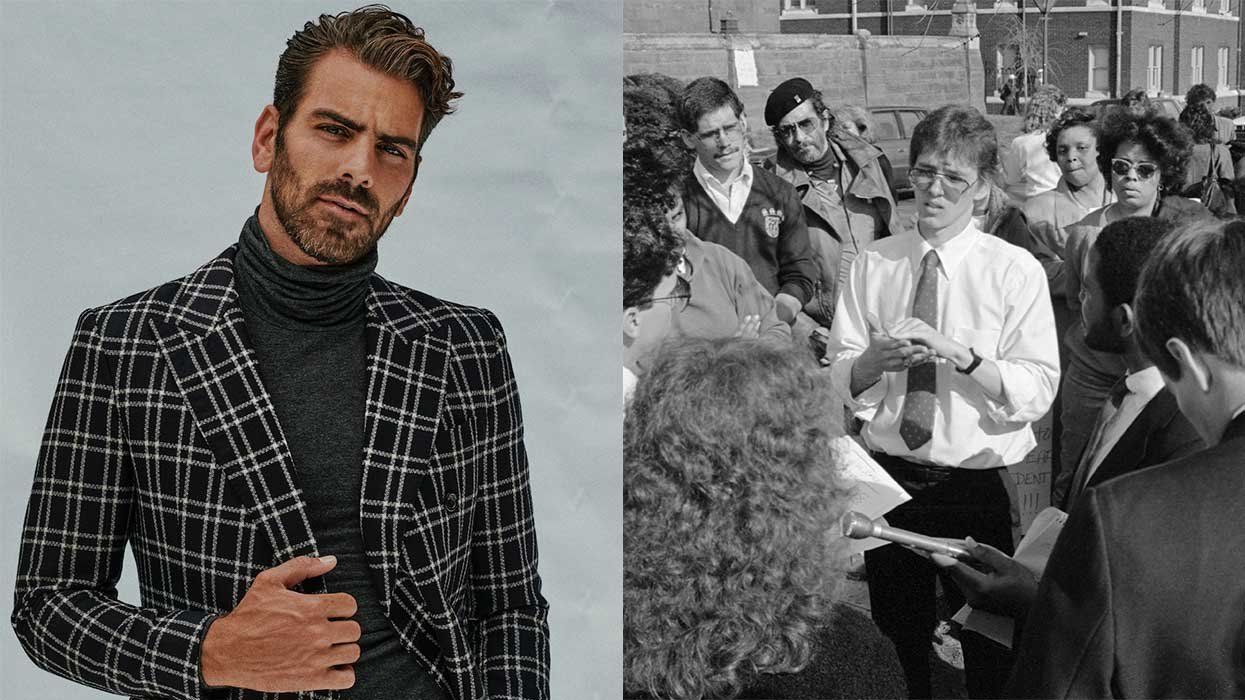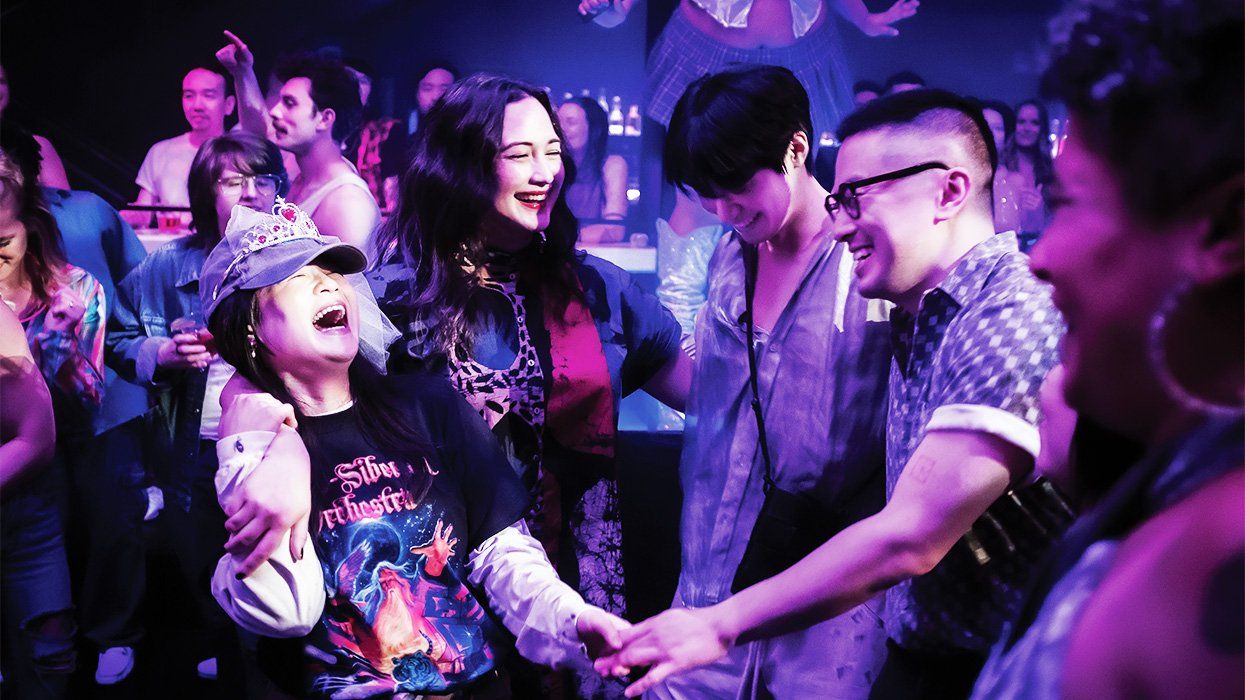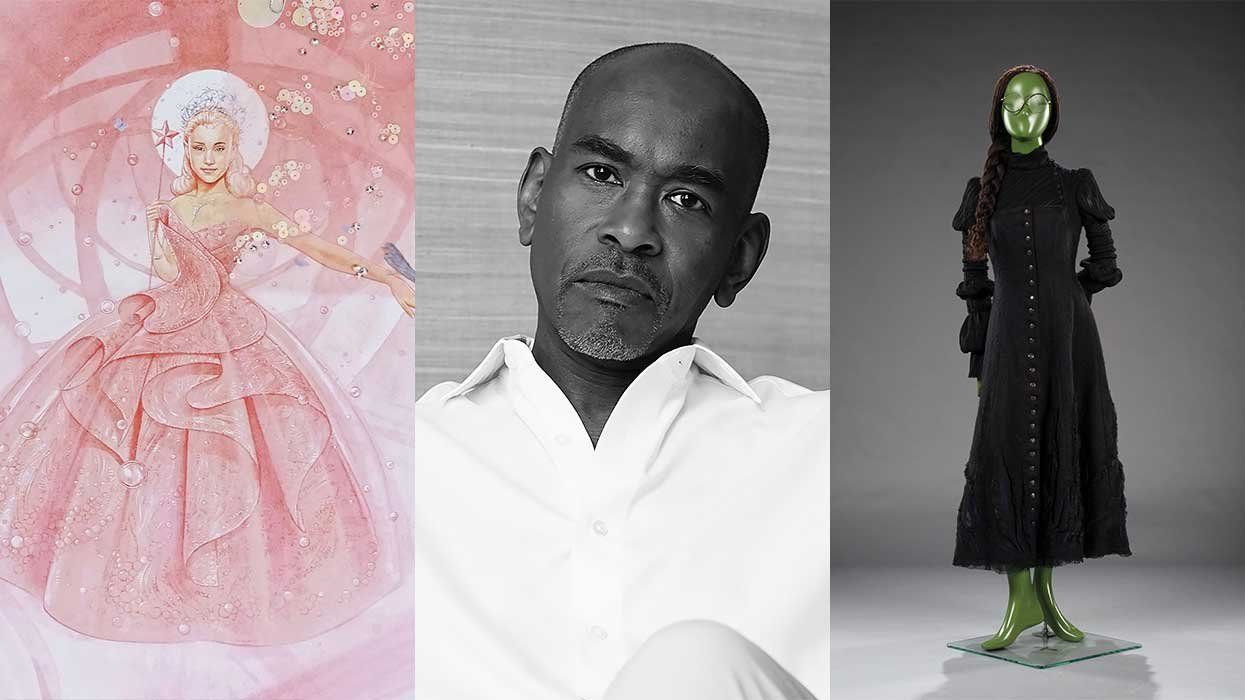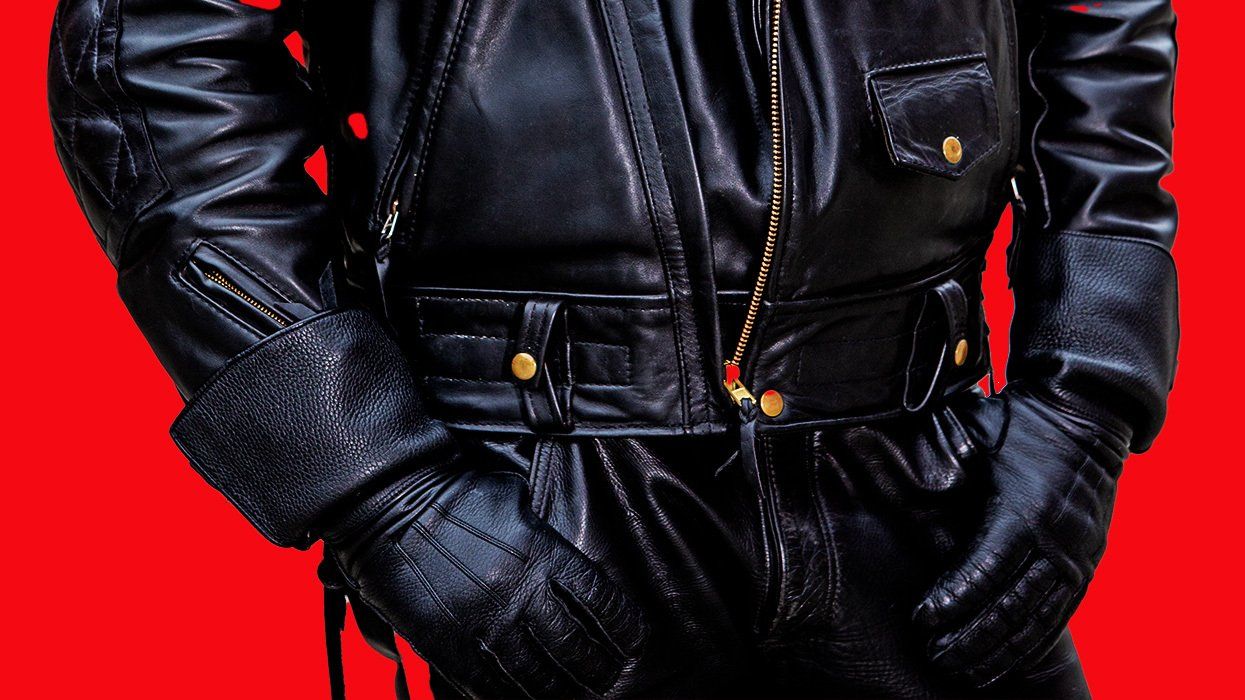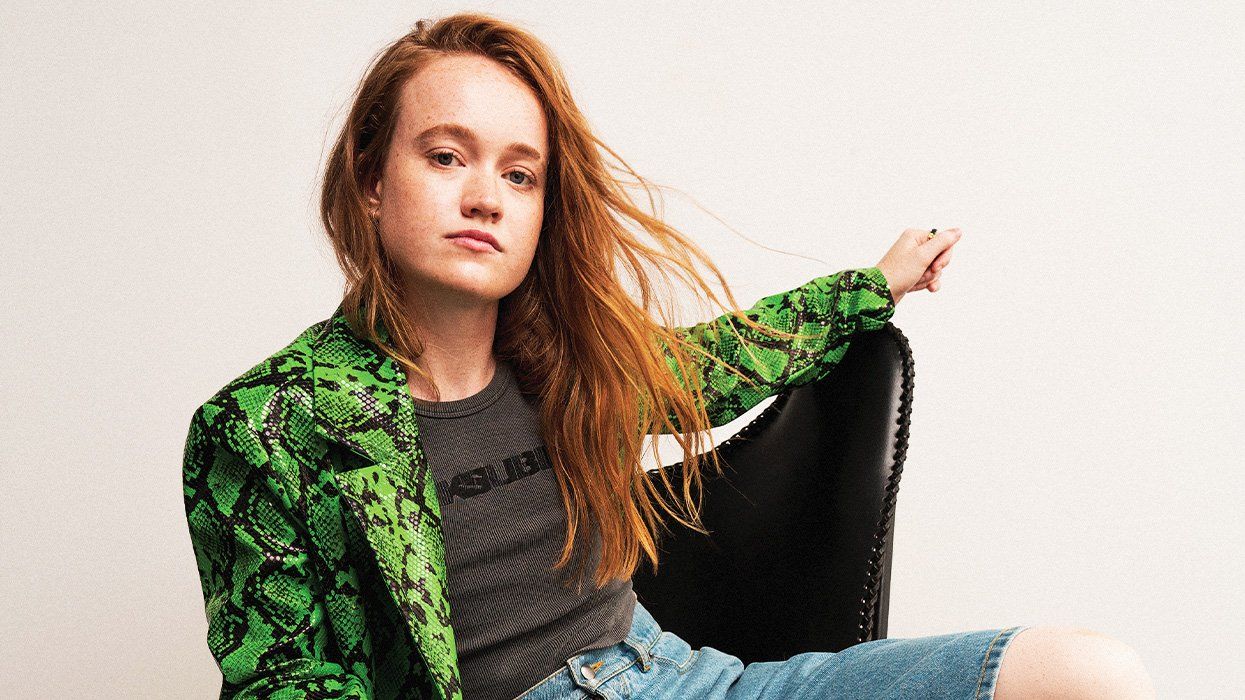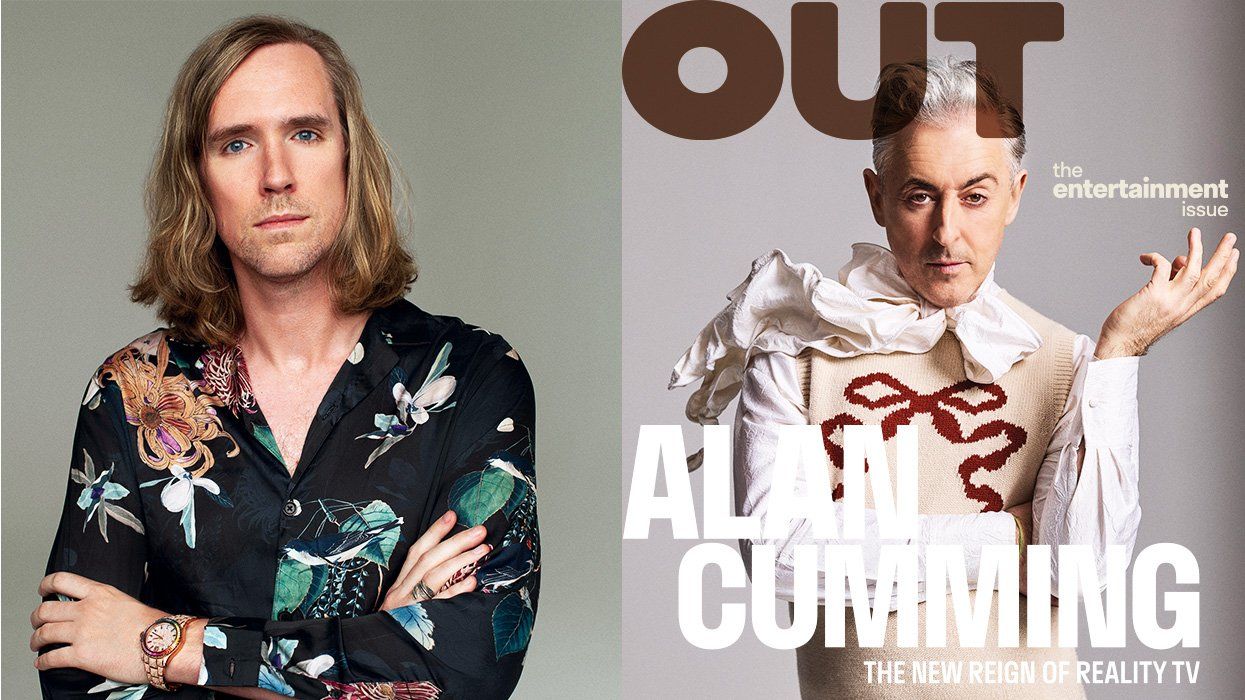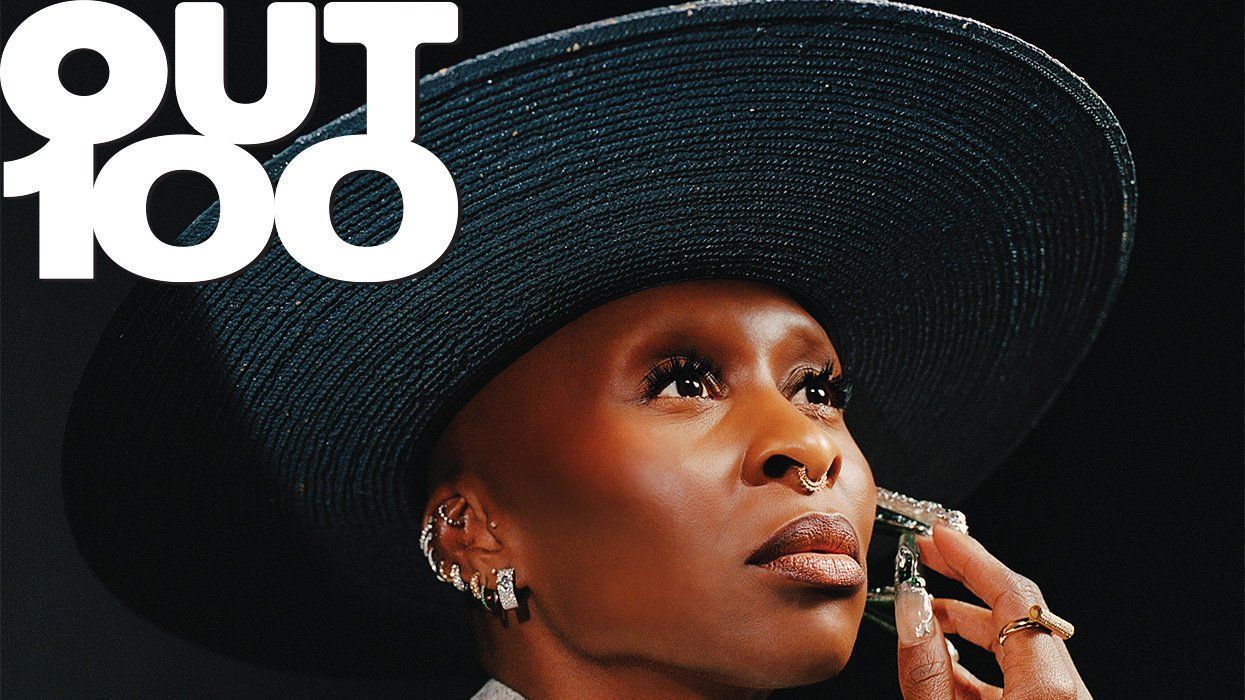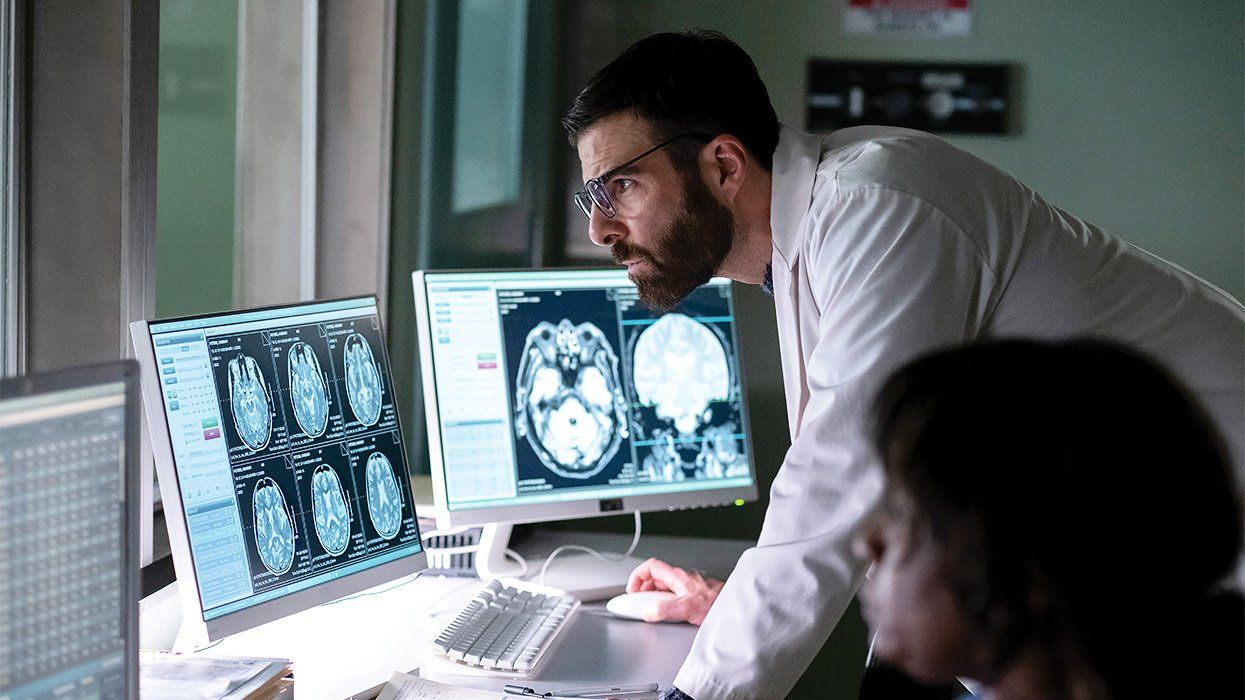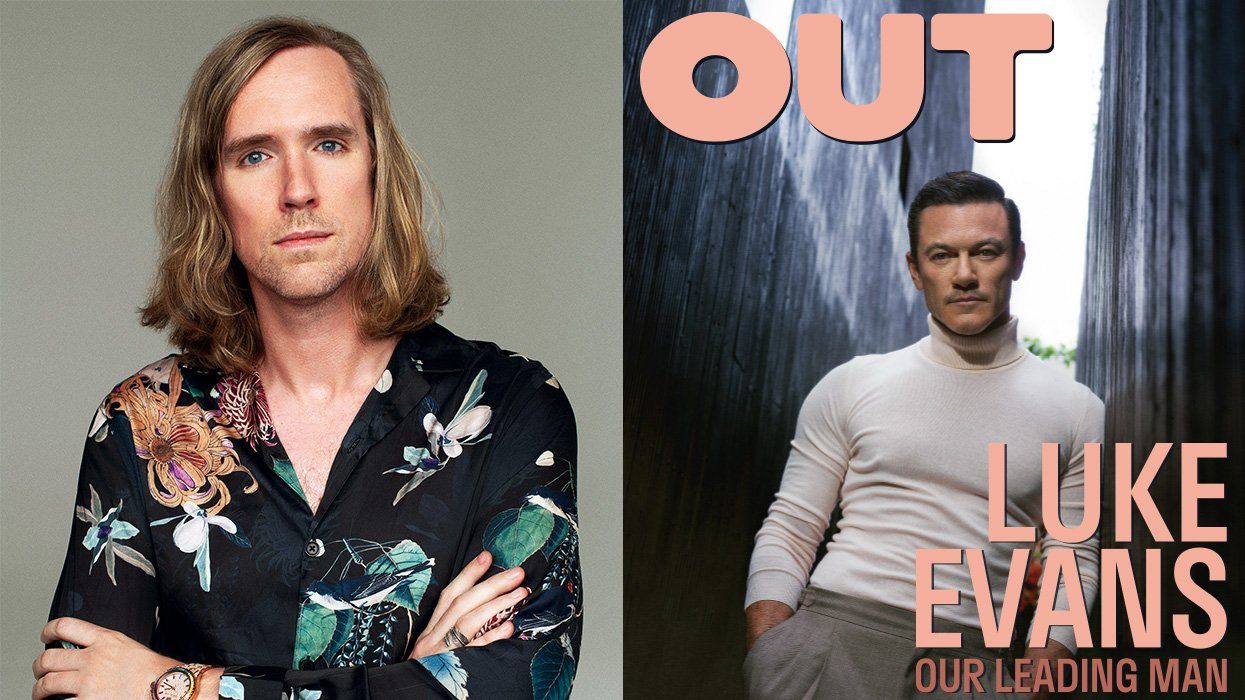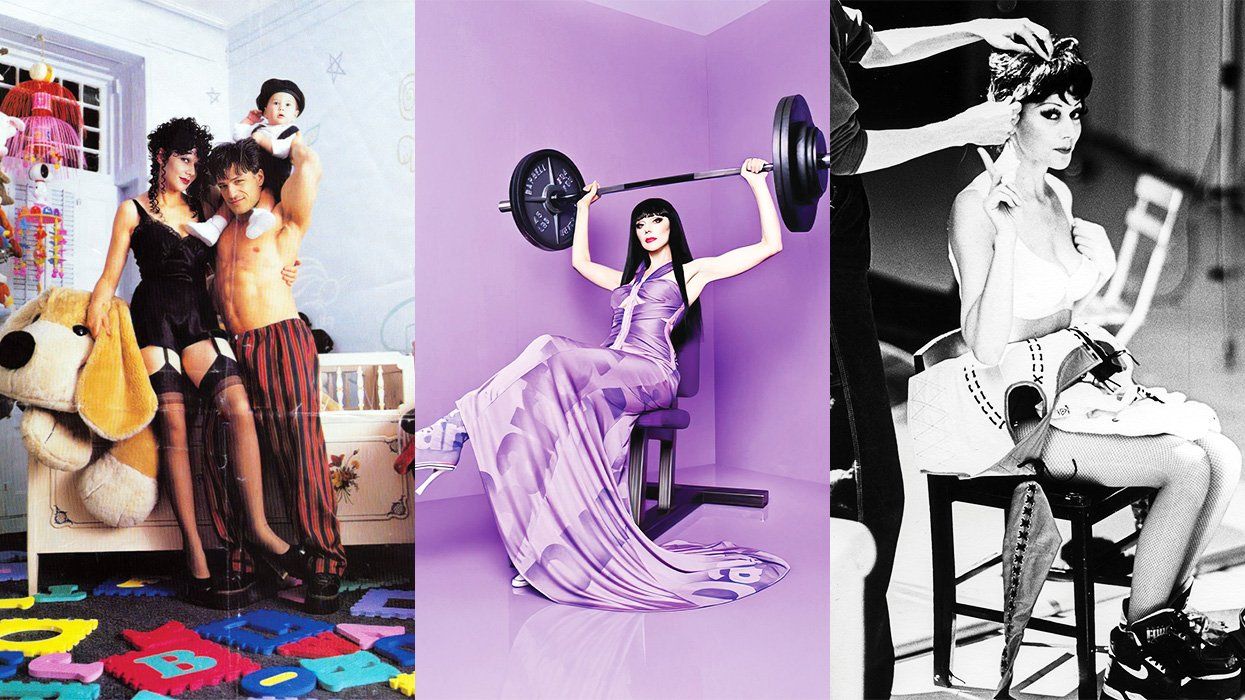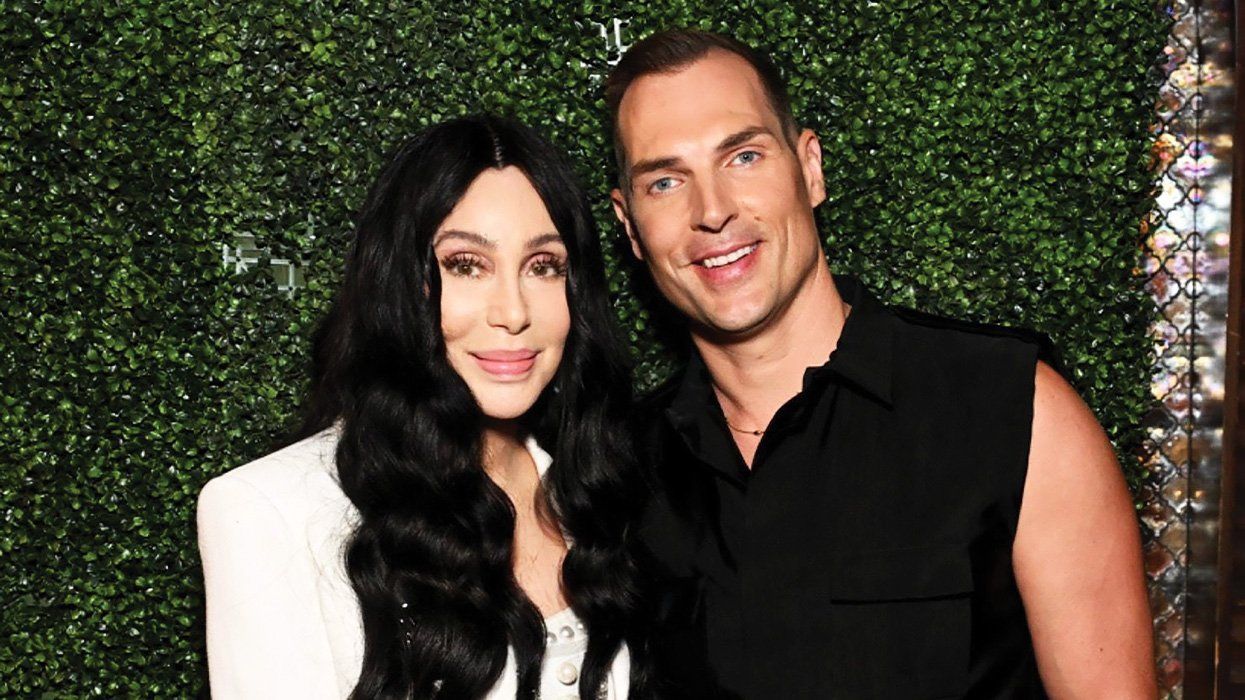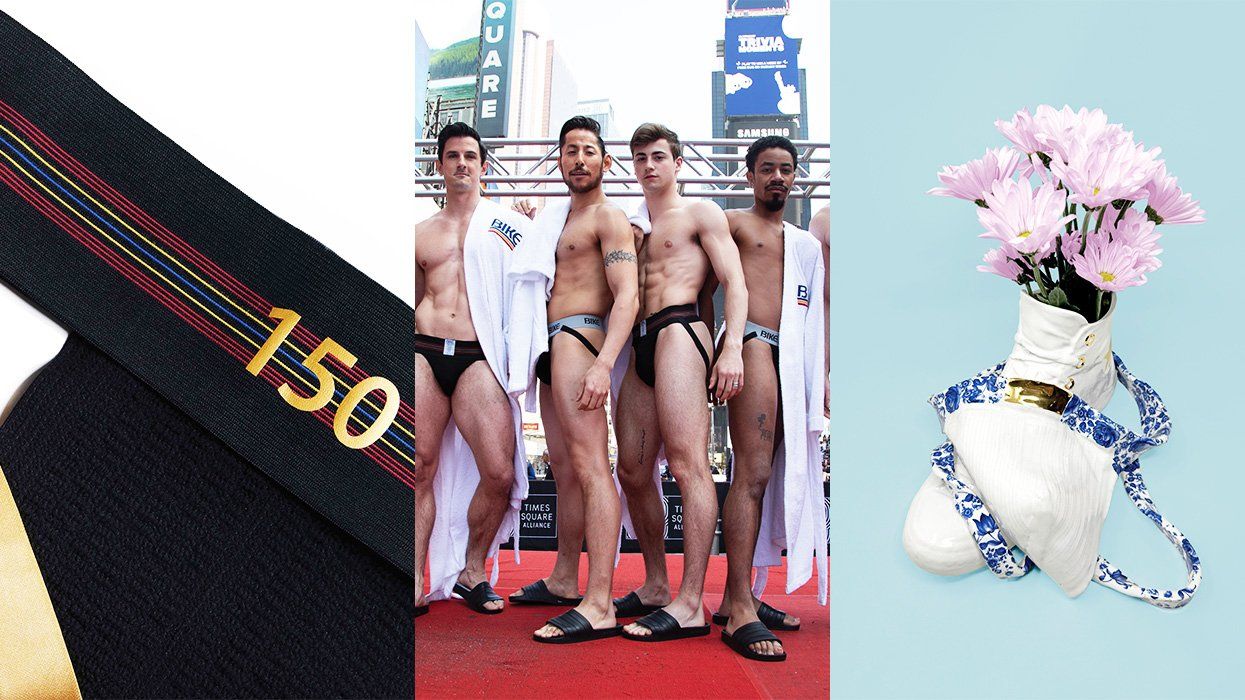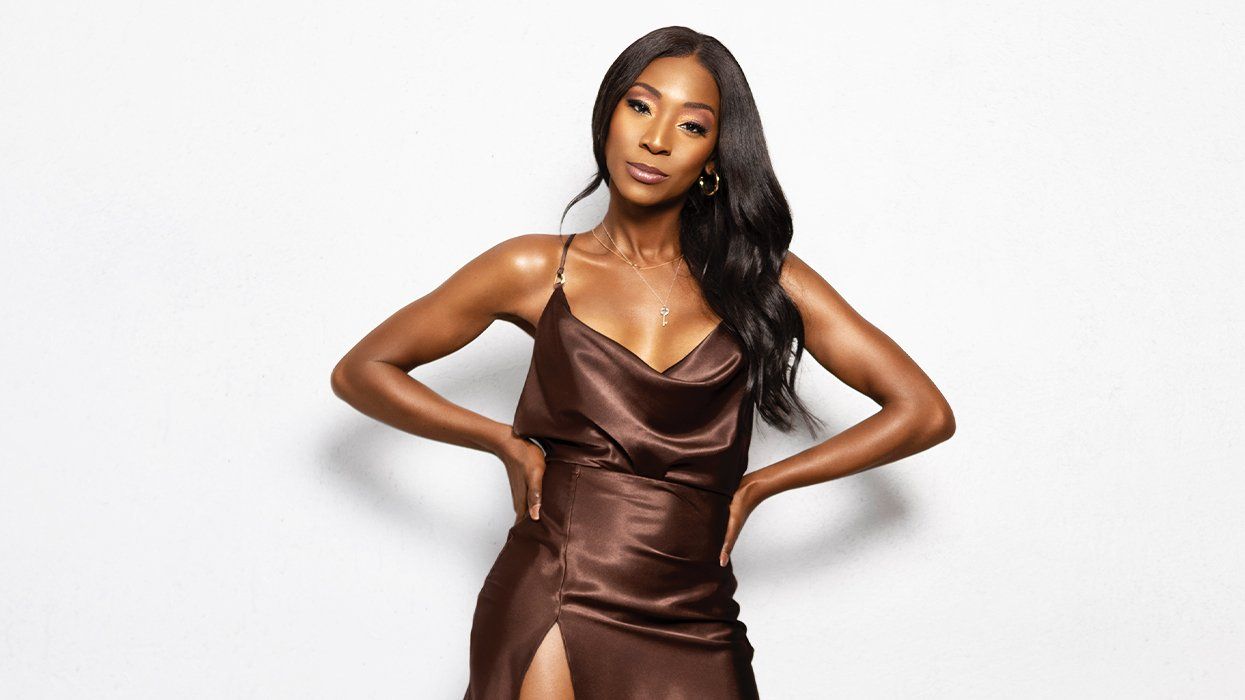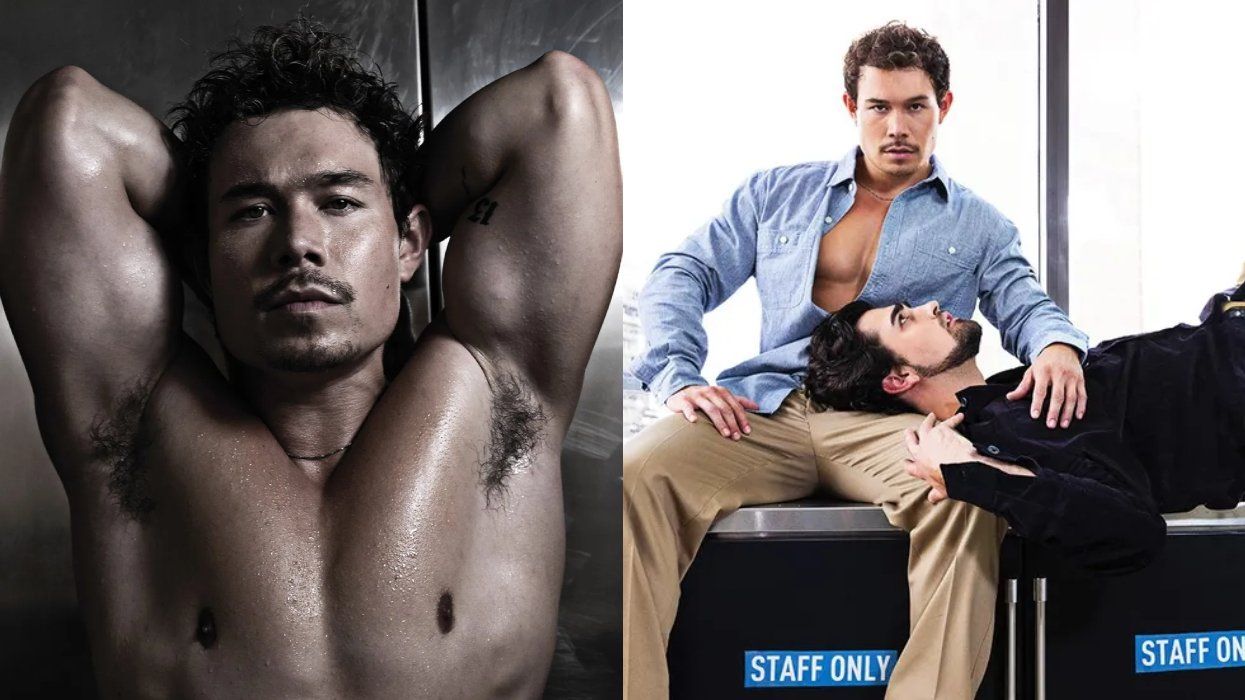It's not easy to discuss Antebellum without revealing its secrets. But it is safe to say that the Janelle Monae-led film, which juxtaposes her character's modern-day life as a successful Black empowerment author with the horrors of slavery, arrived at just the right cultural moment.
For costar Kiersey Clemons, whose character Julia arrives at a plantation in a state of bewilderment and terror, the film draws a through line from America's racist history. It's also a rare movie, starring two powerhouse queer Black performers (Clemons and Monae), that confronts Hollywood's continual problematic treatment of Black lives on-screen and behind the scenes.
"Antebellum is literally about confronting the past, present, and future," Clemons says. "The election was always going to happen, and so even back when we made the movie, I had an idea of kind of where we would all be. Although I was completely wrong," she adds about the film's release at a time when outcry over police brutality against Black people and systemic racism continues to roil.
"When we made this movie [pre-2020], we didn't know shit was going to kick off like this. And there are a lot of narratives in the movie that are the narratives of our lives right now."
A horror film with all-too-tangible monsters, Antebellum was originally set for release in theaters in March, but the pandemic put it in a holding pattern for several months until Lionsgate released what was destined to become a true cinematic event on streaming in September. A gorgeously rendered film, which makes its evils all the more disturbing, Antebellum was made for the big screen and perhaps, even more importantly, for a community experience. Though it was denied a theatrical release amid theater closures, because of the conversations it's sure to ignite, it's still a type of communal experience. And since the protests began in June in response to the deaths of George Floyd, Breonna Taylor, Tony McDade, and so many more, the conversation about racism in America has shifted, albeit not enough.
Clemons and costar JackHuston re-enact someof our country's darkestmoments in Antebellum.
"A lot of us are at home, on the sidelines, or even just new on the scene. A lot of people are just becoming privy to a lot of social justice words that have been out there for years or decades," Clemons says, connecting the current racial justice movement to her character in the film. "People are just now realizing what's going on, they're new to it, kind of like [how] my character is new to what's happening here."
Clemons, the star of films like the sweet, queer indie Hearts Beat Loud and Dope, says that Julia in Antebellum is in some ways like folks who arrive new and impassioned to a movement without knowing the backstory. There's a heartrending scene in the film in which Julia demands of Monae's character that she rise up in order to get them out of their situation.
"[Julia's] like, 'Do something,' not knowing that they've already tried. And it takes more than just being infuriated and wanting change," Clemons says. "There's a difference between being infuriated and wanting change and then change actually coming."
It's not just the country's racist past that is exposed in the film. It also takes on Hollywood's problematic history with Black representation. The industry has systematically shut out Black actors, relegating them to secondary roles and stereotypes, and romanticized the antebellum South that allowed for slavery. For their first feature film, directors and real-life couple Gerard Bush and Christopher Renz, whom Clemons calls "phenomenal moviemakers and visual stimulators," used some of the lenses from Gone With the Wind, the pinnacle of films that sought to idealize that period in the South when slavery was normalized.
"You are a big filmmaking nerd if you watch this movie and you're like, 'Yes, they used the lens they used in Gone With the Wind.' I'd love you for it," Clemons says. "[Using those lenses is] another way to keep that history alive. And by history, not the history of reality, but the history of the transformation of the evolution of representation of Black people in film. Antebellum does that in having that correlation with Gone With the Wind."
In June, as the national conversation turned to racial justice, there was a bit of a reckoning with Gone With the Wind when streaming service HBO Max briefly pulled the film so it could add supplemental material offering context. But Clemons cautions against erasing history altogether, in part, she says, because erasing the movie is to erase the role of Hattie McDaniel -- the first Black Oscar winner, who was also queer.
To illustrate her point, Clemons calls out to the Netflix documentary Disclosure, which shines a light on the appalling depictions of transgender people in Hollywood.
"Some filmmakers were so obsessed with making these movies, they pushed these narratives of trans folks being grotesque and monstrous and evil and aligned with witchcraft. And then to watch what that narrative evolved into made me feel physically ill," she says. "You cannot say that does not lend to the way that people view, treat, and quite frankly, murder trans folks."
"Filmmaking is partially responsible for that. And we have to take responsibility for that. I felt the need to say that because, going back to Gone With the Wind, it's important, I think, for us folks to make the decisions about if Gone With the Wind being on a streaming platform is harmful or not."




